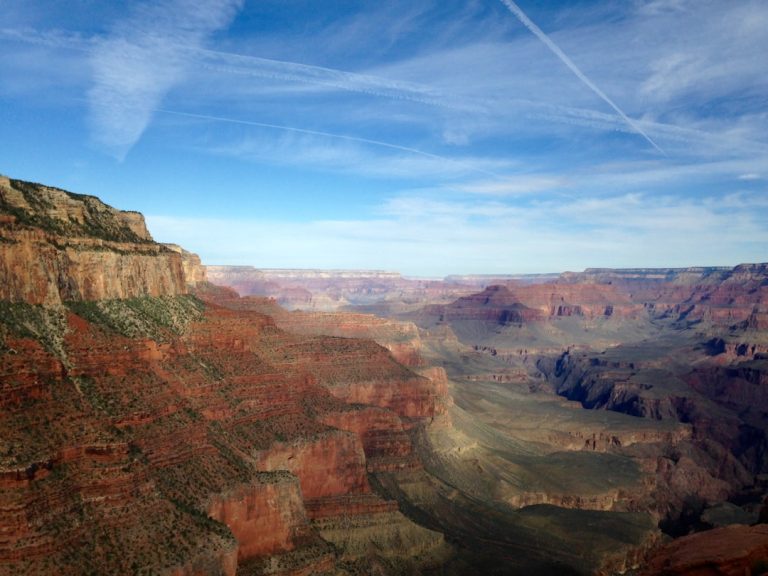Gila Bend Truck Stops are targeted by sophisticated fuel scam robocalls disguised as discounts or emergency services. These automated calls aim to trick drivers into sharing personal info or purchasing fraudulent services. Understanding these scams is crucial for protection. Victims in Arizona may have legal recourse through the Telephone Consumer Protection Act (TCPA) and state Spam Call Laws, enabling them to sue for damages from unscrupulous callers. Consulting a reputable spam call law firm or specialized lawyer can help navigate legal processes and hold scammers accountable.
“Gila Bends truck stops have recently fallen victim to a sophisticated fuel scam involving robocalls, leaving many drivers and business owners bewildered. This comprehensive guide delves into the intricate world of these fraudulent activities, examining the legal aspects through Arizona’s Spam Call Laws and TCPA regulations. We explore how truck stops are targeted, empowering victims with knowledge about their rights to sue for robocalls in Arizona. Discover the importance of hiring a specialized spam call law firm in Arizona to navigate these complex issues effectively.”
Understanding Gila Bends Truck Stop Scams: A Comprehensive Look

Gila Bends Truck Stops, like many other locations across Arizona and the U.S., have become targets for sophisticated fuel scam robocalls. These automated calls, often posing as legitimate fuel discounts or emergency services, are designed to trick drivers into sharing sensitive information or purchasing fraudulent services. Understanding these scams is crucial to protect yourself from falling victim.
If you’ve received a suspicious call at a Gila Bends Truck Stop or elsewhere, you may have rights under the Telephone Consumer Protection Act (TCPA). A spam call law firm or lawyer specializing in TCPA cases can help you determine if you can sue for robocalls in Arizona and navigate the legal process to recover damages. Don’t ignore these calls—take action to protect yourself and your fellow drivers from these deceptive practices.
Legal Aspects: Spam Call Laws in Arizona and TCPA

In Arizona, the combat against robocalls, especially those targeting truck stops, has legal dimensions guided by the state’s Spam Call Laws and the Telephone Consumer Protection Act (TCPA). If you’ve received unsolicited automated calls promoting fuel scams at Gila Bend Truck Stops, understanding your rights is crucial. The TCPA prohibits automated telephone equipment from making prerecorded or artificial voice calls to any telephone number assigned to a cellular telephone service unless certain conditions are met, such as prior express consent.
A violation of these laws can lead to significant legal repercussions for the offenders, including financial penalties and compensatory damages for affected individuals. If you’ve been harmed by these scam calls, consulting with a reputable spam call law firm or lawyer specializing in TCPA cases in Arizona could be your first step towards justice. These legal professionals can guide you on whether you have a valid case and help navigate the complex legal landscape to ensure you receive the compensation you’re entitled to for unwanted and illegal robocalls.
Targeted Robocalls: How Truck Stops are Being Scammed

Truck stops across Arizona have been facing a persistent and insidious issue: targeted robocalls. These automated phone calls, often disguised as legitimate business offers or warnings, are designed to trick drivers into sharing sensitive information or falling victim to scams. The calls can be relentless, with some recipients reporting dozens of attempts per day.
The sources of these robocalls often originate from out-of-state or even international locations, making it challenging for local authorities and law enforcement to trace and stop them. However, victims may have legal recourse under the Telephone Consumer Protection Act (TCPA). Arizona’s spam call law firm and experienced lawyer for TCPA cases can help drivers understand their rights and explore options to sue for robocalls, including seeking compensation for emotional distress and privacy invasions. By holding these unscrupulous callers accountable, truck stop owners and workers can ensure a safer and less disruptive environment for their customers.
Your Rights as a Victim: Can You Sue for Robocalls?

If you’ve received unwanted robocalls at your Gila Bend, Arizona-based truck stop, you’re not alone. Spam calls targeting businesses, like those in the trucking industry, are a growing concern across the state and country. Fortunately, federal laws are in place to protect consumers from these invasive and fraudulent practices.
In Arizona, the Telephone Consumer Protection Act (TCPA) prohibits automated or prerecorded telephone calls to mobile phones and landlines without prior express consent. If you’ve been harmed by spam robocalls, you may have legal recourse. A reputable spam call law firm or lawyer specializing in TCPA cases can help you understand your rights and options, including the possibility of suing for damages, blocking future calls, and securing financial compensation for your troubles. Don’t hesitate to reach out to a local Spam call lawyers Arizona if you suspect you’ve been targeted by illegal robocalls—you might be entitled to redress under Arizona’s spam call law firm.
Finding Justice: Hiring a Specialist Law Firm in Arizona

If you’re a resident of Arizona and have been a victim of robocalls related to fuel scams, knowing your rights is crucial. Many people wonder, can I sue for robocalls in Arizona? The short answer is yes. In today’s digital era, spam call laws are in place to protect consumers from unwanted automated calls, including those promoting fraudulent schemes. Arizona has its own set of regulations, and specialized law firms like ours focus on representing victims of such scams.
Hiring a specialist law firm in Arizona equipped with expertise in TCPA (Telecommunications Consumer Protection Act) cases is a smart step towards finding justice. Our spam call lawyers have the resources and knowledge to navigate the complexities of these laws, enabling us to build strong cases for our clients. We help individuals recover damages and send a clear message to scammers that such activities will not be tolerated.






